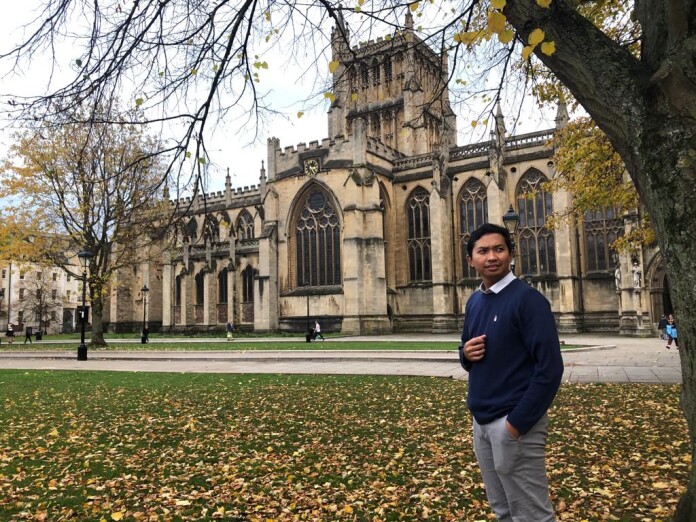
“Getting a fully-funded scholarship for a PhD study is not easy. It takes comprehensive preparation from writing a research proposal to contacting potential supervisors and submitting administrative documents. However, you can always learn from those who experienced securing the scholarship like Muhammad Iqwan Sanjani.”
“In this article, Iqwan shared important tips and strategies in securing the University International Postgraduate Award (UIPA) to start his PhD study at The University of New South Wales (UNSW) Australia.”
***
Hello, Sahabat Indonesia Mengglobal!
I completed my bachelor degree in English Language Teaching and Education in 2016. I was then awarded the LPDP Scholarship to pursue a master’s degree in Teaching English to Speakers of Other Languages in University of Bristol, which I completed in 2020. For this reason, I have developed an interest in language education. I am particularly interested in language policy of multilingual families, especially transnational families who have been moving from one country to another.
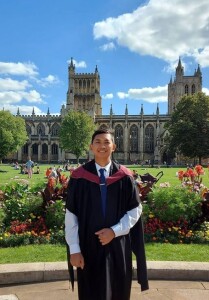
My master’s dissertation investigated this topic, involving Indonesian diaspora families in the UK. I found that the intricacy and dynamic in learning and maintaining a language within a family is fascinating, especially those multilingual families. For this very reason, I want to research this topic further and one way to do that is by pursuing a PhD degree.
My PhD research aims to investigate the family language policy of multilingual families residing in metropolitan Sydney. I will also look at the role of Language in Education policy in shaping the participating family’s language policy.
I successfully secured a fully-covered scholarship from The University of New South Wales (UNSW) through the University International Postgraduate Awards (UIPA) scheme. Therefore, I would like to share the important steps to secure the funding for your PhD study in the future.
All about UIPA Scholarship
UIPA is a research scholarship awarded by UNSW for international students who would like to pursue a doctoral degree. This scholarship covers several cost components for the duration of 3,5 years, including the tuition fee, stipend or living cost, a single OSHC cost, relocation cost and HDR Thesis production cost.
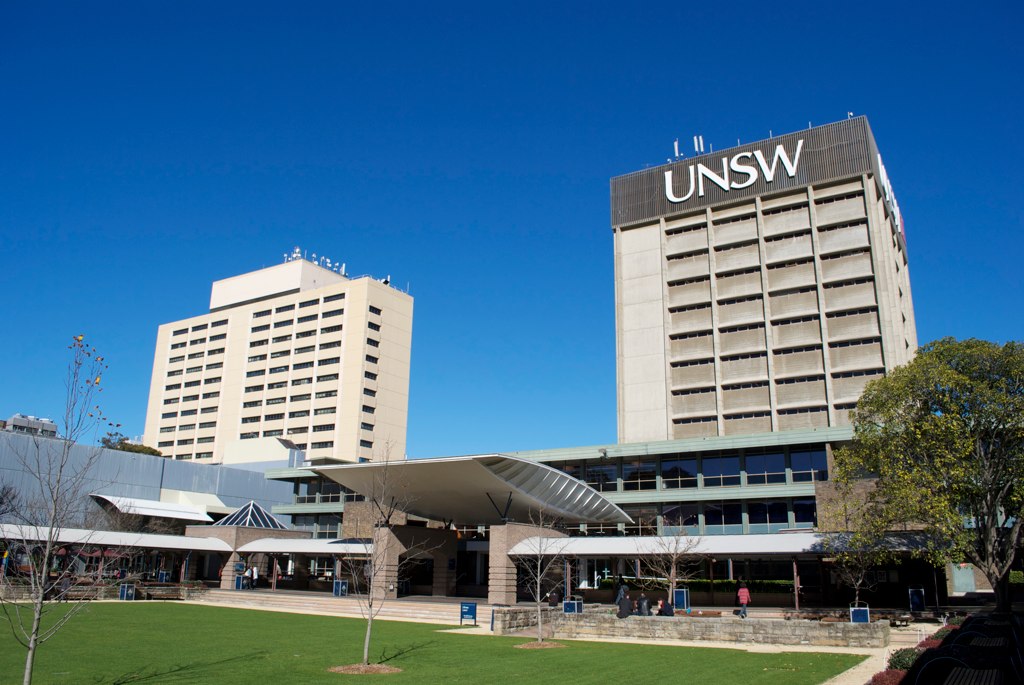
The process of application began with the initial contact with potential supervisors. I was very lucky because one day after I sent my research proposal, the Professor I contacted immediately responded and expressed her interest in supervising my project. I believe the quality of proposal is key in this case. It is important to be well-prepared and knowledgeable about the topic we intend to investigate. After this process, I was then invited to have a Zoom interview in which the professor asked further questions regarding my proposal, and experiences. We discussed many things related to my previous studies and work experiences.
Next, I had to submit an expression of interest (EOI) which would be further examined by the school to see if they can provide adequate supports and resources for successful completion of my project. After the EOI was accepted, the university invited me to submit an application. This is the most challenging process as I had to complete various types of documents. The most crucial was the reference letters from my previous lecturers/research supervisors. It is important to contact our former lecturers as early as possible.
Another important thing to note is the financial declaration. This is related to how we will cover all costs for the program. If we have external funding or scholarship, we just have to mention it in the form. However, if we do not have any funding, we can choose to be nominated for university scholarship. Finally, the outcomes of our application will be released in 2-3 months. If we also apply for the scholarship, we will also be notified of the result, regardless of whether our application is successful or not.
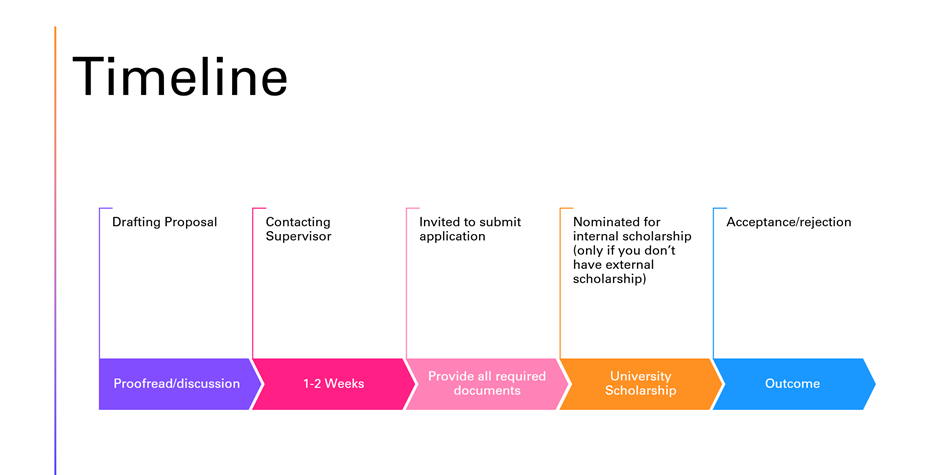
Beginning my application for PhD study and scholarship
Firstly, I began looking for potential supervisors whose expertise aligns well with the area I am interested in investigating. I usually go straight to university websites and search based on keywords. I visited many different websites and jotted down their names and email address. However, I did not contact any potential supervisors until my research proposal is completely ready.
I believe that the most important aspect of preparing PhD degree is the research proposal. Thus, I prepared the proposal carefully and I have to revise it many times. Once finished, I hire a professional proof-reader to check it thoroughly. I also asked my previous lecturer at Bristol to have a look at it and I eventually managed to get several suggestions from them. Finally, I send the proposal to several potential supervisors that I have identified previously.
Writing a research proposal and approaching potential supervisors
Writing a research proposal is probably the hardest part of preparing a PhD degree. Fortunately, however, I did not have to do a lot in preparing this proposal because it is the continuation of the research I did during my master’s degree. While my master’s dissertation investigates the family language policy of Indonesian families in the UK, my PhD research will discuss further the role that school language policy plays in shaping FLP formation. Besides, my research will also involve families from more diverse cultural and language backgrounds residing in metropolitan Sydney. I believe it is better to specialise in a certain topic that we have researched before so that we have enough background knowledge about it.
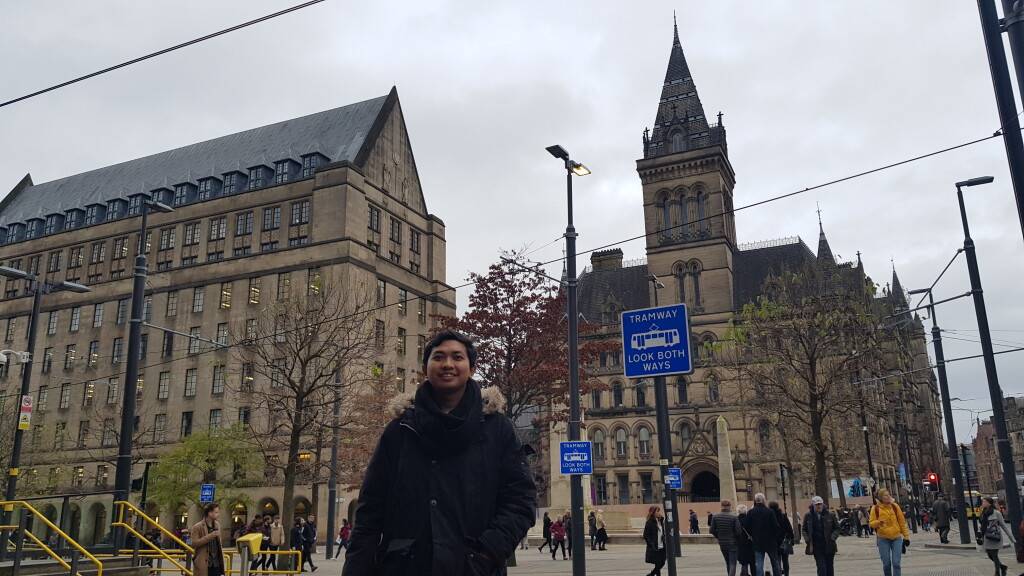
In terms of approaching potential SPV, I did send my proposal to several professors but some were not successful. Some professors were almost retired so they cannot take on new students and some others already had full load of supervision. This part is also challenging and we need to have some patience as waiting for a response from them may take several days or weeks.
I would say that the scholarship came out of nothing because I did not expect I would be studying at UNSW at all. One day I sent my proposal to Dr Sally Baker as her profile somehow fit with my research proposal. The next day she replied my email saying that she is interested in supervising my proposal and that’s where everything began. Her response to my email was unusually fast. I thought this scholarship was somehow destined for me after six unsuccessful attempts on other scholarships.
Challenges during the application process and strategies to alleviate the challenges
In total, I approached seven different professors from five different institutions. It is not easy to convince them as they may have high standard. Therefore, it is important to create good impression when approaching them. This can be reflected in the way we express our interest in written language through email correspondence. Email, therefore, can play an extremely important role because this is the first engagement, we made with them. This can also be the first thing that they see from us, from which they make initial judgement about our potential and quality. Thus, in our email, we have to show our quality in such a way to convince them and we need to be knowledgeable about our research topic.
Final tips for Sahabat Indonesia Mengglobal who want to pursue a PhD study
You have to make sure you allow enough time to prepare your proposal. This is the most crucial aspect of your application. When you got rejected either by a scholarship provider or a potential supervisor, you have to learn from it and make improvement based on what is lacking in your previous attempt. Never quit trying!
***
Editor: Yogi Saputra Mahmud







